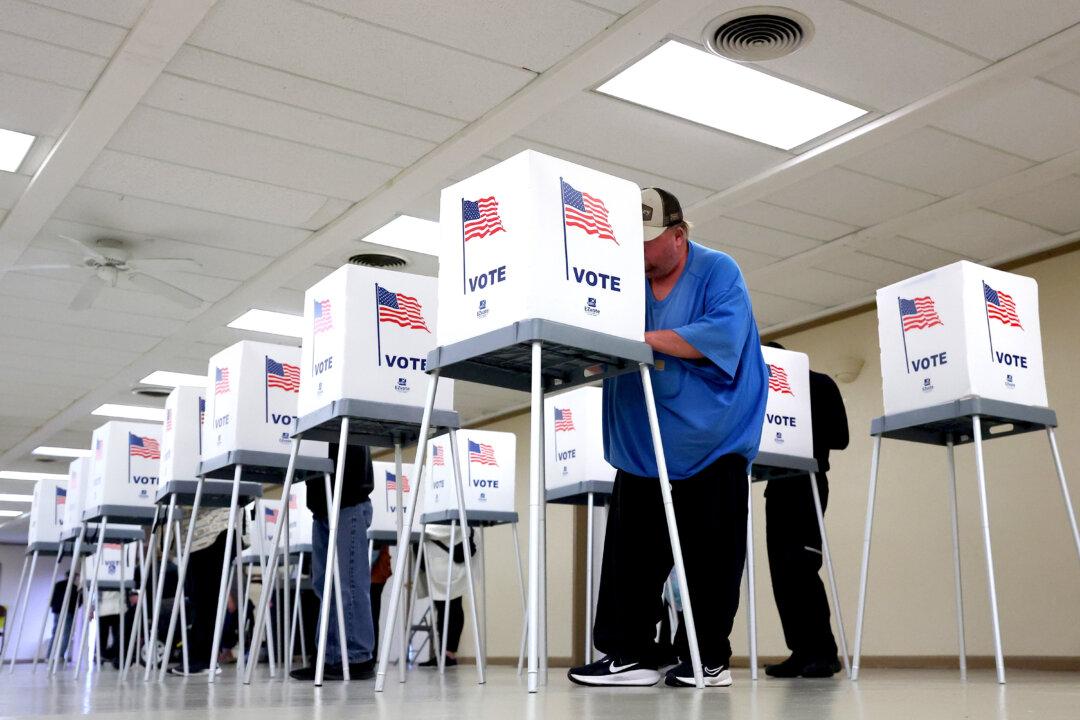A proposed amendment to the Wisconsin State Constitution requiring voters to present a photo ID card before casting a ballot is headed for a vote of the people on April 1.
The amendment cleared its last hurdle on Jan. 14 when the Republican-controlled state Assembly voted to place the proposal on the statewide election ballot.





